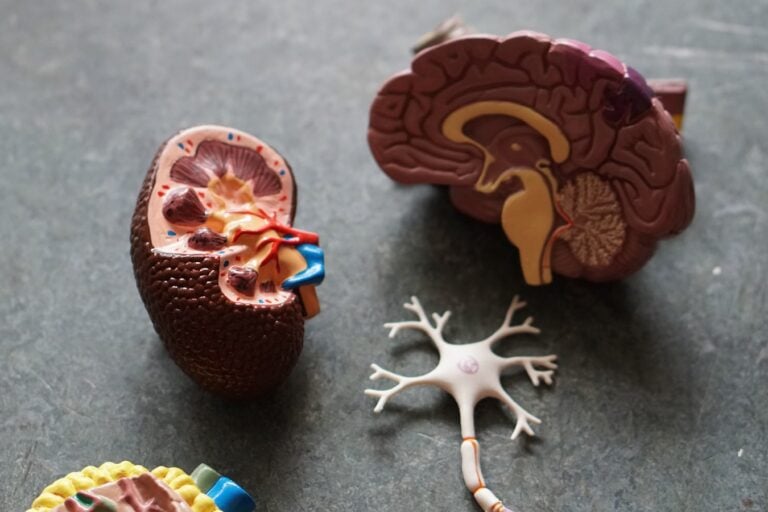
Kidney Health and Alzheimer’s: Why Your Kidneys Matter in Alzheimer’s Biomarker Testing
What caregivers should know about interpreting Alzheimer’s biomarkers and kidney function.

What caregivers should know about interpreting Alzheimer’s biomarkers and kidney function.
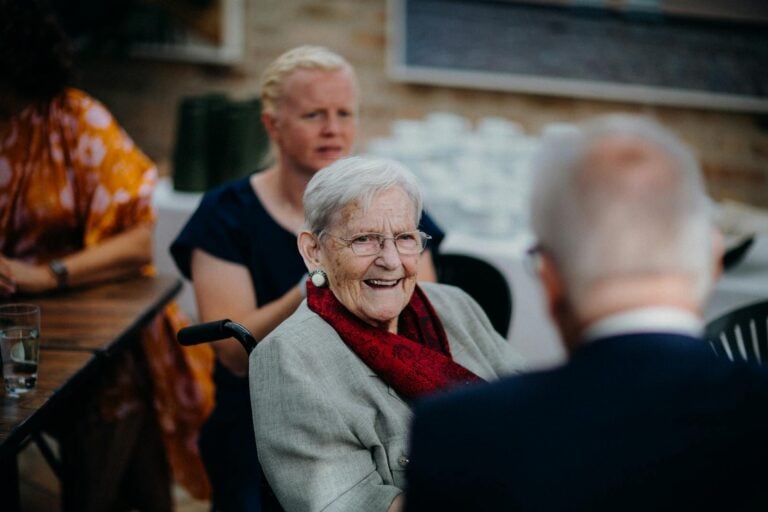
Strengthening social connections may offer a surprising boost to long-term brain health.
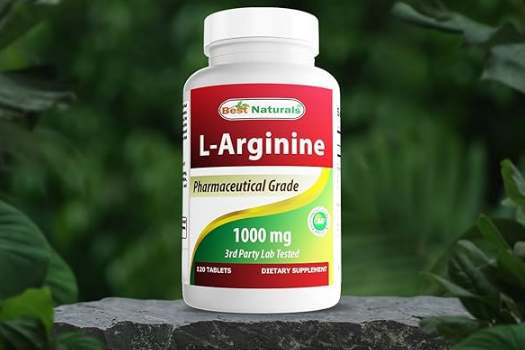
A new study suggests a simple nutrient — arginine — may reduce amyloid-β buildup in Alzheimer’s. The findings, from animal studies, raise an encouraging question: could arginine eventually play a role in Alzheimer’s prevention? Here’s what the research shows — and what caregivers should know.

A few minutes of music each day can calm sundowning and help support brain health. A new study explains these protective benefits — and we’ll show you how to build gentle musical routines into evening care.

A few thousand steps a day could mean years more of clear thinking. Learn how walking supports brain health, slows Alzheimer’s, and boosts mood in one simple, natural way.

Families may share genes, but they can also share habits that protect the brain. Mayo Clinic experts remind us that everyday choices — not just DNA — make a powerful difference.
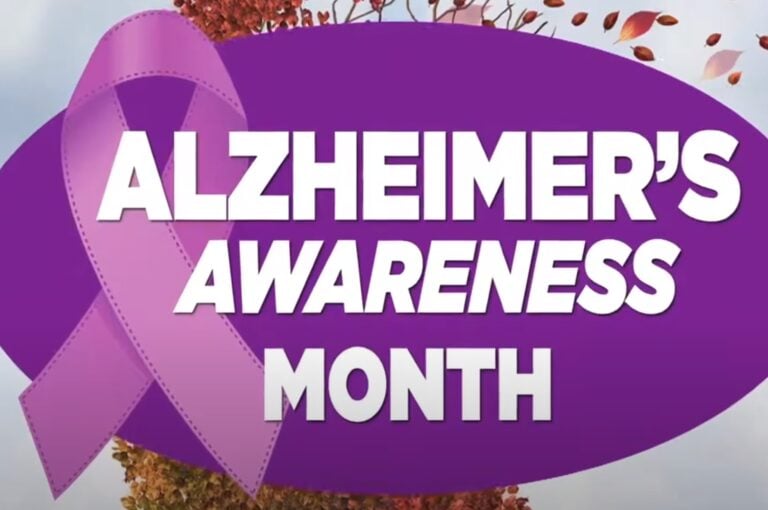
For Alzheimer’s Awareness Month, spread this video to raise awareness of simple things you can do to prevent Alzheimer’s.
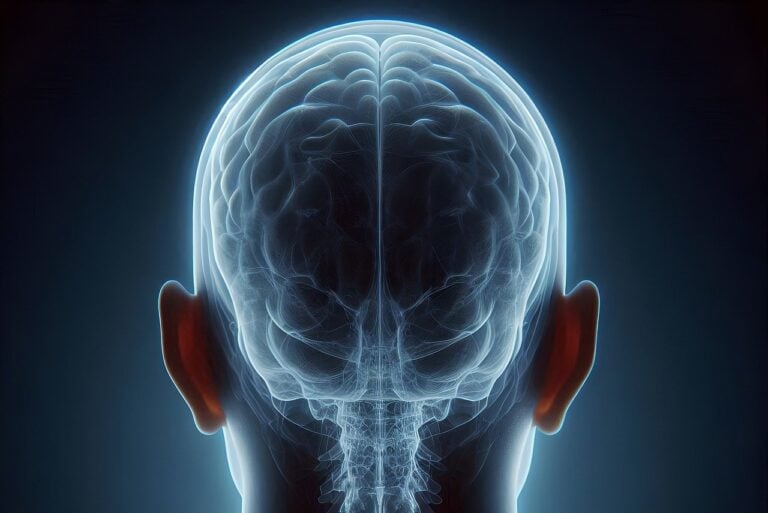
Simple, science-backed habits can keep your brain sharp, lower dementia risk, and boost memory — no matter your age. Here’s how to make them part of everyday life.
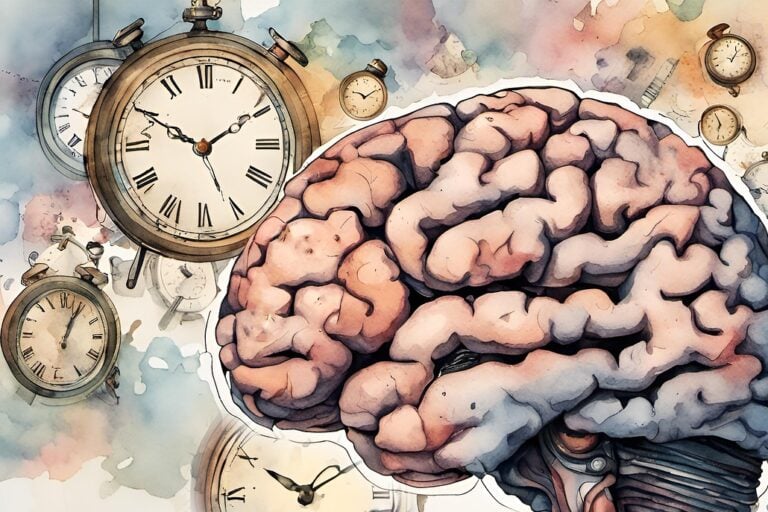
New research shows that “time poverty” — not just poor habits — may quietly raise your dementia risk.

A major study of over 10,000 older adults found that those who regularly listened to or played music not only had a much lower risk of dementia, but also performed better on memory tests.
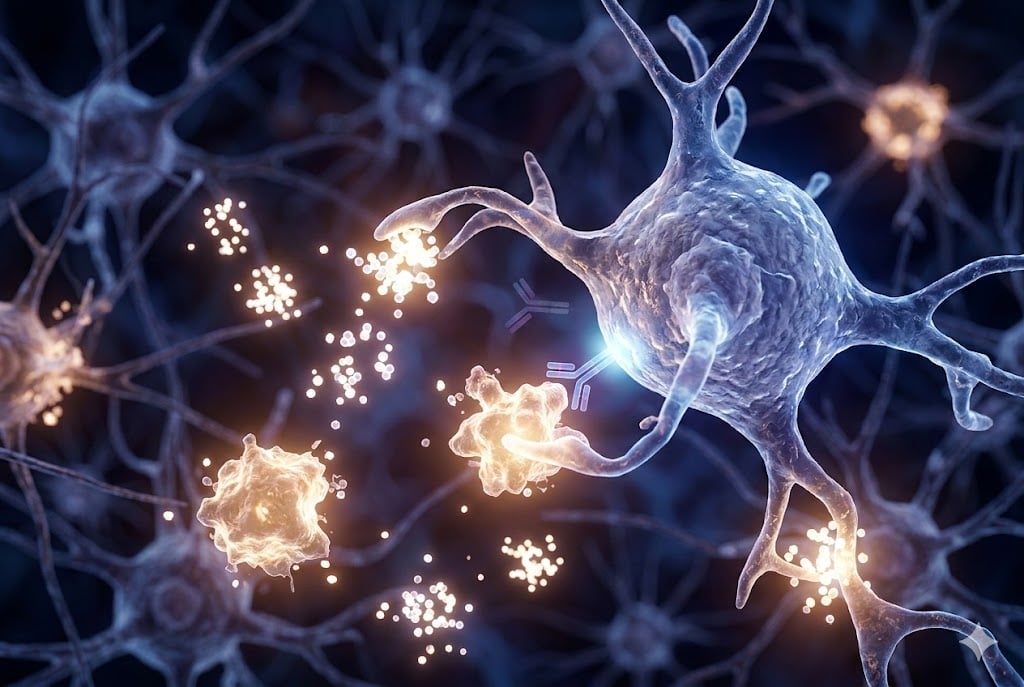
New research reveals that Leqembi’s Fc region switches on microglia — the brain’s immune cells — helping them clear toxic amyloid. Here’s why that mechanism matters for treatment and safety.

People with dementia are enjoying yoga and dance classes at the Alzheimer’s Association. See why caregivers find the classes “EXTREMELY helpful.”

Swiss researchers find that people with certain personality traits are protected against Alzheimer’s disease, including those who are less agreeable, had natural curiosity, and were nonconformists. Find out why.

When a hurricane hits Florida — or anywhere that has a very large population of people with dementia, there are special preparations that should be made by those living with dementia. Check these dementia-in-a-storm readiness lists.

In gardening, people with Alzheimer’s grow fresh plants along with better thinking. It’s a pleasant way to make things easier.

The co-founder of a caregivers’ organization introduces technology he has found helpful in caring for his grandmother with dementia.

People with dementia are enjoying yoga and dance classes at the Alzheimer’s Association. See why caregivers find the classes “EXTREMELY helpful.”
No spam, only news and updates.


